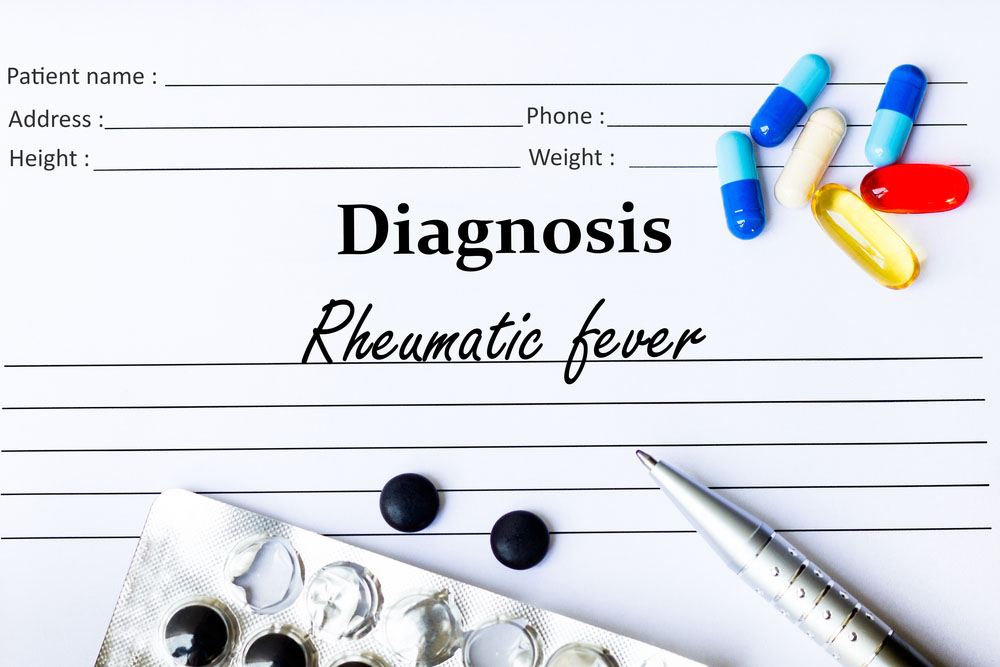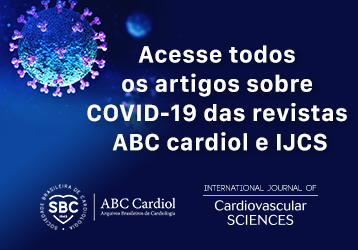Volume 31, Nº 6, Novembro e Dezembro 2018
DOI: http://www.dx.doi.org/10.5935/2359-4802.20180059
ARTIGO ORIGINAL
Evolutive Study of Rheumatic Carditis Cases Treated with Corticosteroids in a Public Hospital
Fernanda Maria Correia Ferreira Lemos
Gesmar Volga Haddad Herdy
Cristina Ortiz Sobrinho Valete
Maria Eulália Thebit Pfeiffer
Dra. Fernanda Maria Correia Ferreira Lemos

Abstract
Background: Rheumatic carditis is a challenge for treatment and secondary prophylaxis, due to severe valve sequelae.
Objective: To evaluate the cases of rheumatic carditis in patients under 18 years old treated with corticosteroids.
Methods: An observational, longitudinal and retrospective study was carried out on the profile of patients, in the period of 2000-2015. We selected those who received corticosteroid therapy at immunosuppressive doses, for the treatment of carditis and were aged 5 to 18 years. Data were extracted from medical records. Calculations of: averages, standard deviations, medians and interquartile ranges, ratios and 95% confidence intervals were obtained. Chi-square and Wilcoxon tests were applied for comparisons. The level of significance was 5%.
Results: Of the 93 cases, 93.53% developed moderate or severe carditis. Mitral regurgitation was detected in 100% of the sample. Pulse therapy was administered in 11.83%. Surgery was performed in 23.69% of patients: mitral, aortic and/or tricuspid valve repair or replacement. The evolution of the cases was favorable in 70.96%. There was a good response among those who received only clinical treatment and those who belonged to the surgical group. The comparison of the initial and posterior valve lesions to the corticoid use was statistically significant (p < 0.001). A difference between the ejection fraction medians was observed (p = 0.048). Hospitalization was required twice or more for 45.16% of the patients. The mortality rate was 5.38%.
Conclusions: The patients showed significant clinical improvement. The treatment was effective, reducing trivalvular impairment. (Int J Cardiovasc Sci. 2018;31(6)578-584)
Keywords: Myocarditis/physiopathology; Myocarditis/complications; Rheumatic Fever; Mitral Valve Insufficiency; Adrenal Cortex Hormones; Penicilin G Benzathine.











